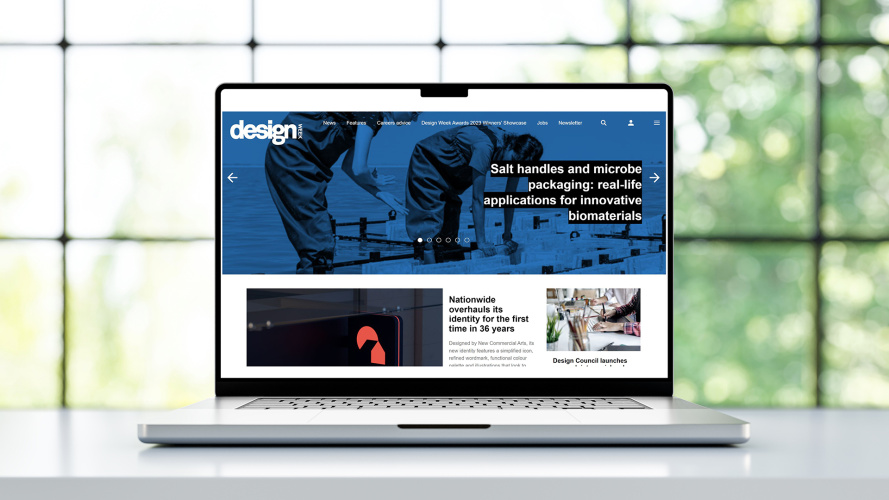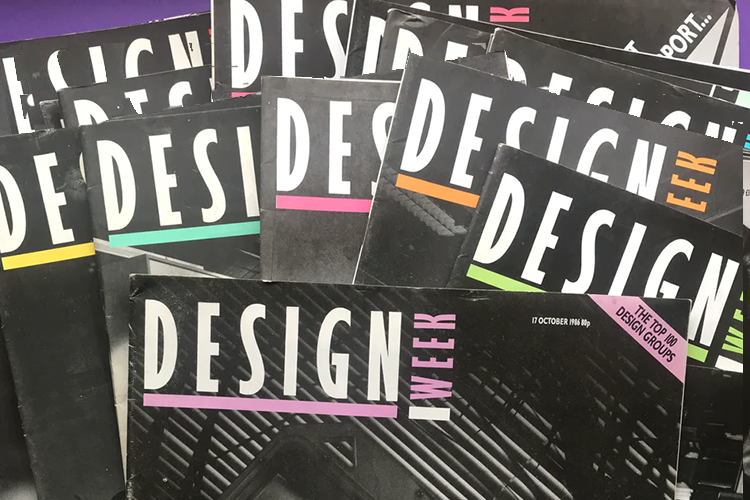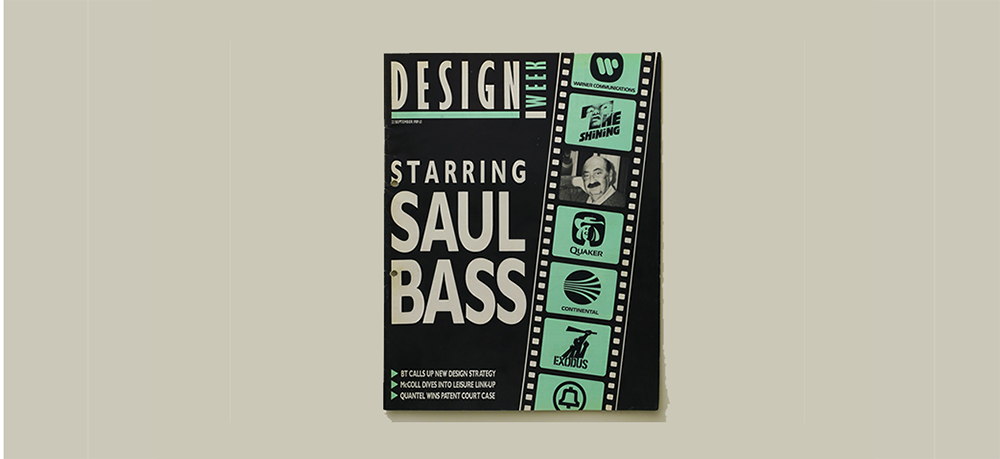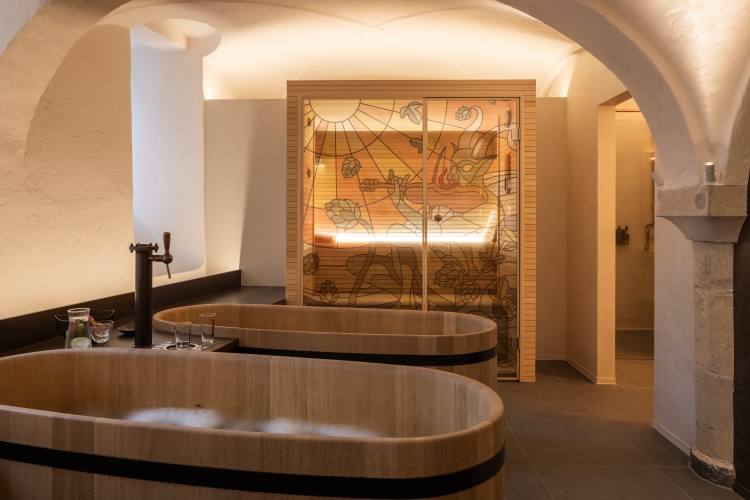McCann and Microsoft win top Cannes Lions 2023 design prize
The winners of Cannes Lions 2023 include a project to preserve a West African language, a helmet made of scallop shells and an “actionable” book in support of reproductive rights.
ADLaM Display, a project digitising and evolving the West African Pulaar alphabet by McCann New York and Microsoft has been awarded the top design award at Cannes Lions 2023.
The annual Cannes Lions Festival of Creativity celebrates the achievements of those working in creative communications, advertising and related fields. In the Design Lions category this year, there were 985 entries received, and 34 Lions awarded by the jury. AdLaM won the Grand Prix, the highest level of award, and there were also five Gold, 10 Silver and 18 Bronze Lions awarded.

Pulaar is the language spoken by the Fulani people in West Africa, but had been at risk of being lost as people were “forced to use the language of their colonizers – Latin and Arabic”, the team explains. Previously without an alphabet, two brothers from Guinea, Ibrahima and Abdoulaye Barry created ADLaM for the Pulaar language.
Existing in handwritten form and incompatible with digital formats, this project created a digital version allowing the Fulani people to communicate digitally and preserve their culture. The alphabet was inspired by Fulani visual culture to help it appeal to the community, while typeface experts helped ensure it was easy to read and write.

Two Japanese projects won Gold awards this year. My Japan Railway by Dentsu and JR Group, was created to celebrate Japan Railway’s 150th anniversary and sought to “[connect] people to the railway and its infrastructure at a personal level”. Woodcut-style stamps were designed for each station based on stories from archives and social media, and can be collected in an interactive web app. As well as encouraging travel to new areas the project hoped to start “a dialogue with the brand that is helping to shape the railways of tomorrow”.

A Gold award-winning product design is Shellmet by TBWA\Hakuhodo and Koushi Chemical Industry co., a bicycle helmet or hard hat made with scallop shells discarded by the seafood industry. In response to a surplus of 40,000 shells in a village in Hokkaido, Japan – which left on the ground can degrade soil quality – the project reuses the shells for helmets either used by local workers or sold by the village. Made of 100% recycled materials, CO2 emissions are reduced by 35% compared to plastic, and the helmet can also be crushed at the end of its lifetime.

The Cost of Gold is an “alternative” Oscar statue created by DM9, Sao Paulo and Urihi Yanomami Associates to highlight the fact that 60% of gold produced in Brazil is illegally extracted from Yanomami indigenous protected land, in the Amazon rainforest. The illegal goldmining brings violence, pollution famine and disease to the region.
The project targeted the Oscars to put pressure on the Brazilian government. 20 Oscar nominees were presented with the alternative Yanomami statue, which unlike the Oscar statue, is created without gold and depicts the Yanomami god Omama.

Another Gold-winning product design is Aizome Wastecare by Japanese-German startup Aizome and Serviceplan Innovation. Rather than polluting rivers with the more than 1500 toxic chemicals commonly used in textile dyeing, the non-harmful, natural alternatives the startup uses creates wastewater with “natural health benefits” thanks to anti-inflammatory, pain relieving and skin rejuvenating qualities – which has been packaged for use as a skincare product.

The final Gold award, for the Design-Book category, went to The Congregation by podHer and Klick Health, Toronto. The hardback book is a “bible” based on an individual’s right to reproductive freedom, created for a post-Roe United States, the team explains.
The book has been designed to be interactive, “galvanising the reader to take action” the team says, through pages that can be turned into protest posters and interactive scannable maps to show where to access safe, legal abortions. The “core tenets” have been printed on “indestructible pages” the team says, “to represent how durable and timeless our beliefs are”.
-
Post a comment





